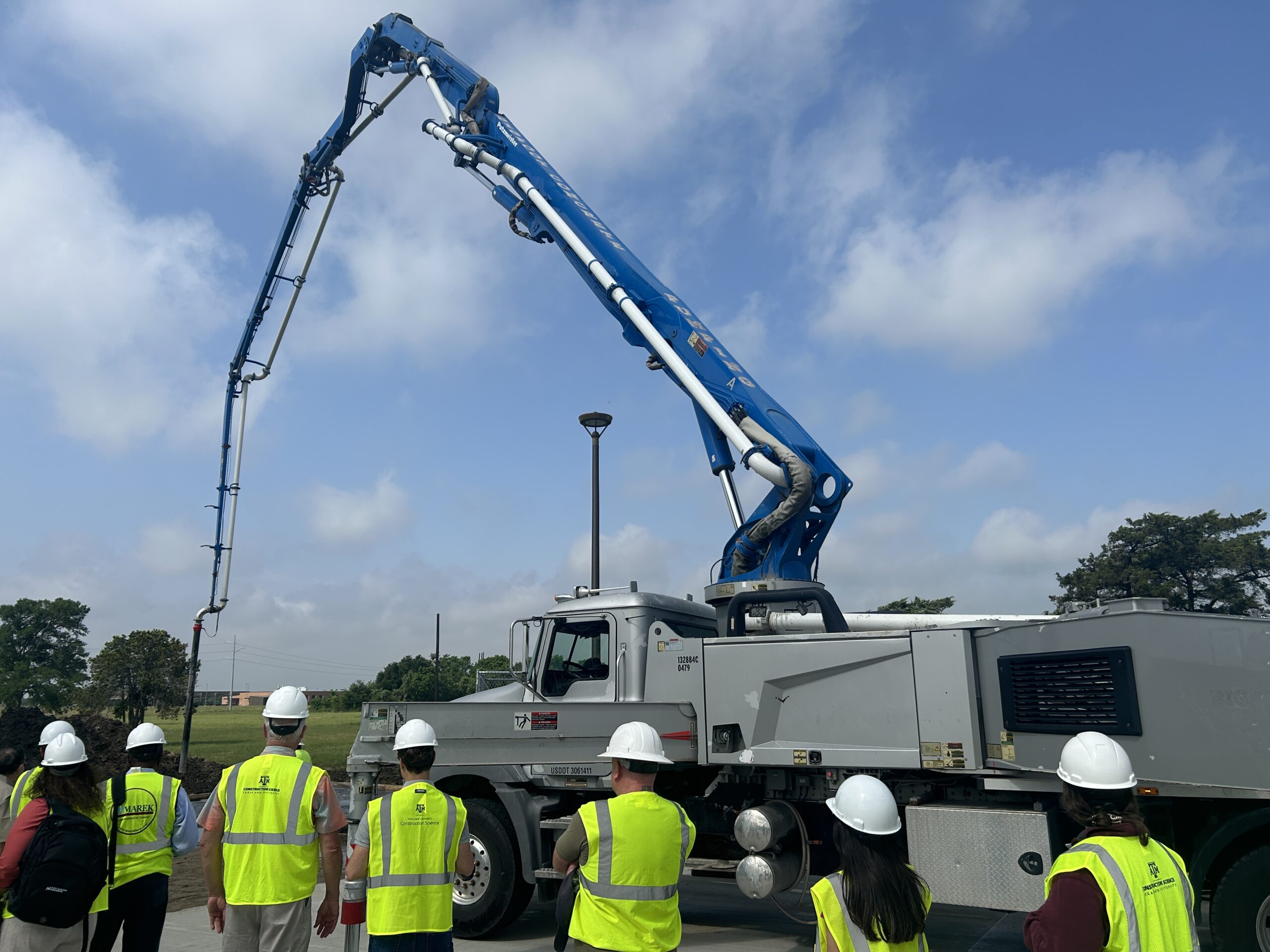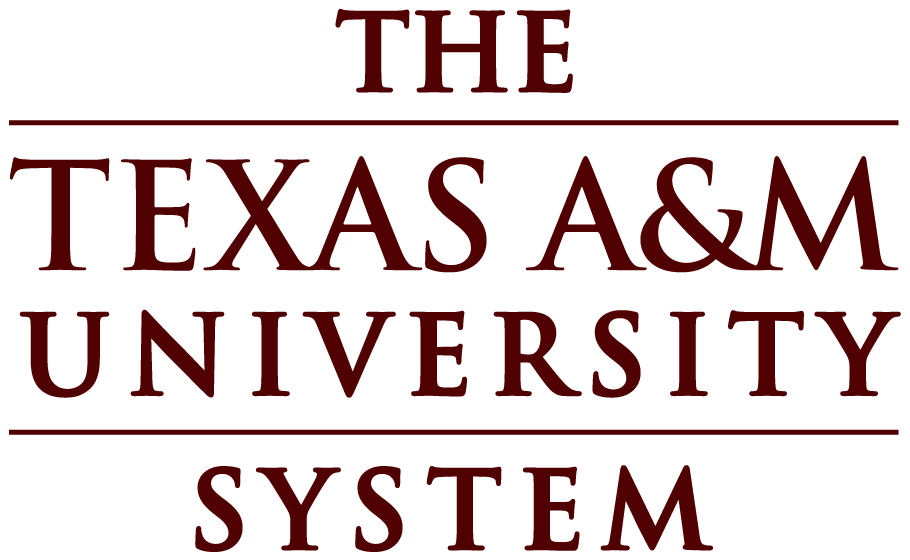
CIR Researchers Represent at ACI Convention 2025
Center for Infrastructure Renewal
The American Concrete Institute (ACI) Convention, held in Baltimore, Maryland in October. This year, the Center for Infrastructure Renewal (CIR) proudly participated through presentations and committee engagements that highlight its commitment to innovation and collaboration. Read more

CIR Showcases Infrastructure Research During NCIT Annual Meeting
Center for Infrastructure Renewal
On the final day of the NCIT Annual Meeting, attendees toured the CIR labs gaining insight into innovative research projects and hearing directly from students and researchers driving infrastructure transformation.Read more

TTI Celebrates 75 Years of Innovation in Transportation
Texas A&M Transportation Institute (TTI)
On June 6, 2025, the Texas A&M Transportation Institute (TTI) marked its 75th anniversary, celebrating decades of progress, collaboration and innovation in the field of transportation.Read more

New Technology Spotlight: CIR Welcomes Circle Concrete Tech, Inc. to Present Plient Fiber Reinforcement
Center for Infrastructure Renewal
University Researchers and Industry leaders gathered at CIR on Texas A&M RELLIS Campus to witness how Plient fibers and the D3 system are reshaping concrete construction. Read more

Enhancing Levee Inspections with Advanced Technology
Center for Infrastructure Renewal
Researchers are developing cutting-edge inspection technologies to ensure the continued reliability and resiliency of levees nationwide.Read more

Supporting the Roads that Support Us
Texas A&M Engineering
Texas A&M civil engineers investigated the reasons for embankment slope failure of an important Houston highway.Read more



